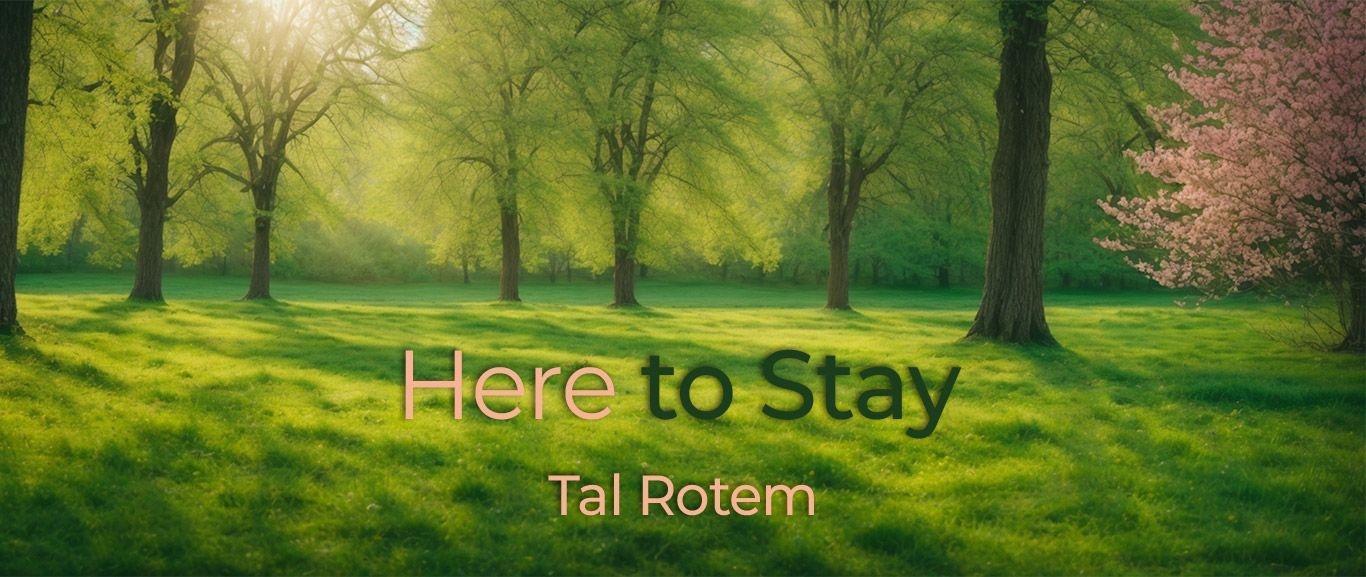
Here to Stay
There are two ways we assert ourselves in our G-d given homeland – by making aliyah and populating it from border to border, and by planting trees wherever we go.

For the last 3,800 years – since Jacob and his family descended to Egypt – our ancestors have been planting trees.
The Children of Israel had only tasted less than two months of freedom when they received the Torah on Mount Sinai. The Torah commanded them to erect a mishkan, the holy tabernacle that would serve to be a mobile Temple until the Holy Temple would be built by King Solomon in Jerusalem. The mishkan required a whole list of raw materials – gold, silver, rare gemstones, dyes and animal hides. They had those components from the spoils of Egypt, from their flocks or from the environment. But the mishkan also required a considerable amount of wood, namely, beams from acacia trees. Where did they find mature acacia trees in the desert?
The Midrash tells us that our forefather Jacob in his holy spirit foresaw that his offspring would need acacia wood when they’d leave Egypt. Therefore, he planted acacia seedlings in the desert on his way down to 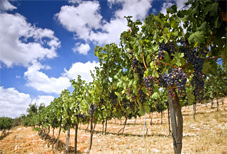 Egypt. To this day, there are hauntingly beautiful acacia trees in the Sinai Desert.
Egypt. To this day, there are hauntingly beautiful acacia trees in the Sinai Desert.
A different Midrash tells us that our forefathers in Egypt planted the acacia trees, taking the acacia planks with them when they were freed from bondage.
It could be that both accounts are correct. At any rate, our people have been tree farmers and planters for thousands of years.
How would you define a sweet life? Suppose you had no troubles in life, no enemies on the borders and all the health and livelihood you need. How would you describe such a dreamy life?
Our prophets answer the above question in several different places: “Judea and Israel dwelled securely, each person under his grapevine and under his fig tree, from Dan to Beersheva, all the days of Solomon” (Kings I, 5:5).
The above passage teaches us two important lessons: first, trees – especially fruit trees – represent peace and security, la dolce vita, the sweet life. Our sages tell us that during the time of King Solomon, people were so rich that they wouldn’t even bend down to pick up a silver coin in the street. The age of the grapevine and fig also alludes to wealth, when people never have to worry about where their next meal is coming from. They always have enough.
The second important lesson of the above passage is that everyone in Judea and Israel had trees, “from Dan” on the northern border “to Beersheva” in the south.
King David teaches us that fruit trees are the symbol of Divine abundance when he says, “Your wife is like a fertile grapevine” and “your sons are like olive seedlings” (Psalm 128:3).
Our trees consequently symbolize peace, security, wealth, fertility, and children. In Hebrew, when you really want to wish someone good health, you bless him to be “as strong as a cedar.” So, trees represent good health as well.
With all the blessings that trees bring, we can certainly understand why we have a New Year for trees, “Tu B’Shvat”, every single year.
Many people in Israel who own a small yard turn it into a bustan, a small fruit tree garden. People plant the fruit trees mentioned in Torah, and more specifically, the species of the Land of Israel – grapes, dates, pomegranates, figs and olives. Such a garden is known to invoke Divine blessings. It’s also a pleasure to have and a spot of beauty. But even more, the tree garden is a statement – “we’re here to stay.” Just as the trees sink their roots into the ground, so do we. And especially here in the Land of Israel, every tree we plant is a message that we’re staying right here, no matter what anyone says.
With all the above in mind, we can now fully understand why the Torah compares man to a tree in the field and why it’s forbidden to uproot or chop down a fruit-bearing tree. There are two ways we assert ourselves in our G-d given homeland – by populating it from north to south and from east to west, and by planting trees wherever we go. Happy Tu B’Shvat! May you be as fruitful as a grapevine and enjoy the longevity of an olive tree, amen!


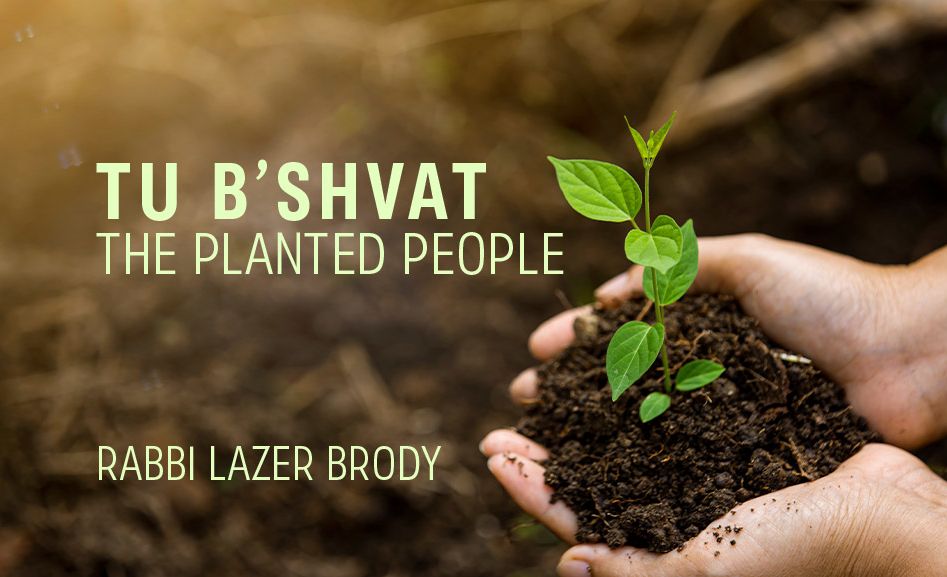
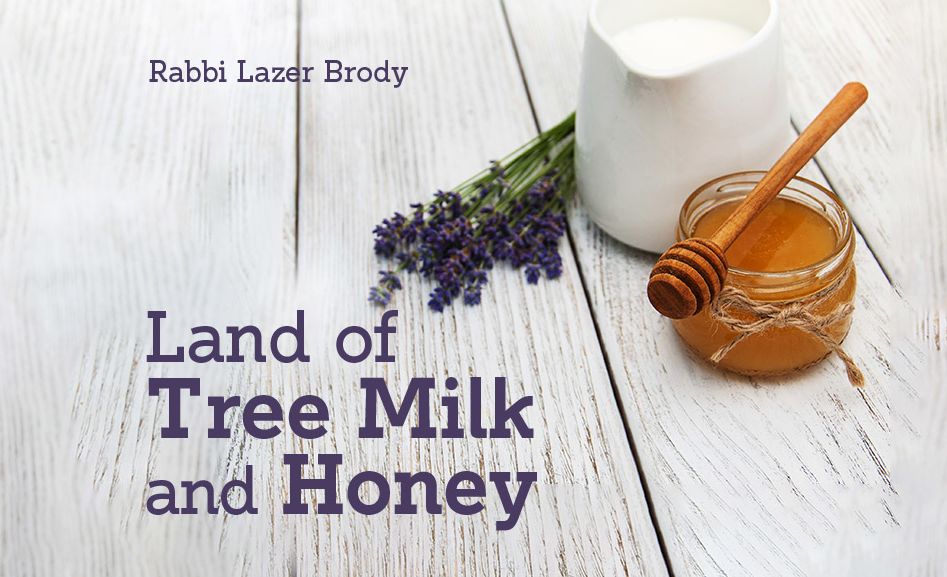
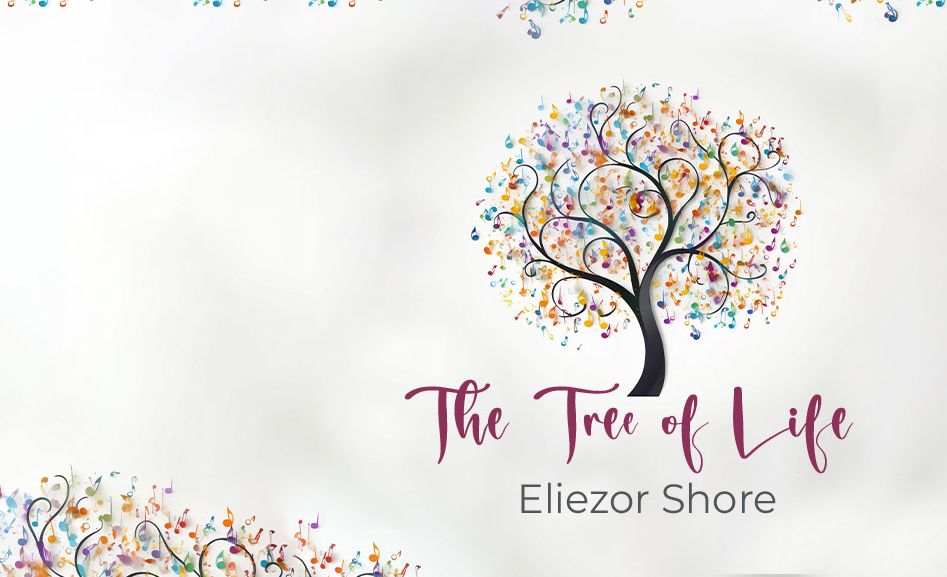

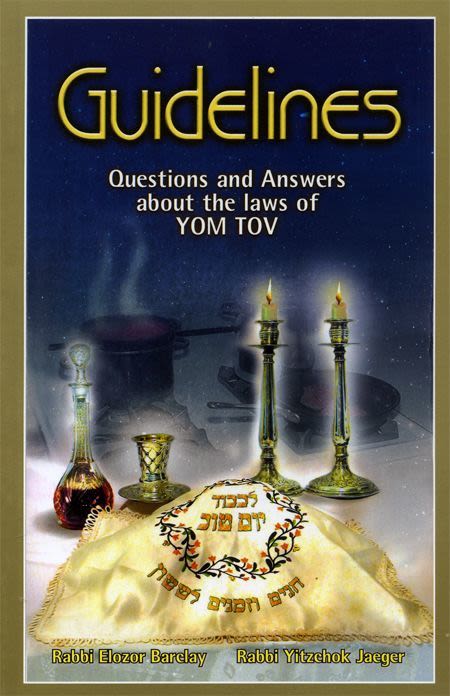

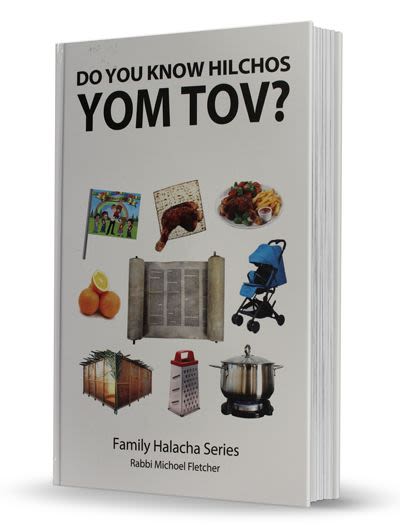

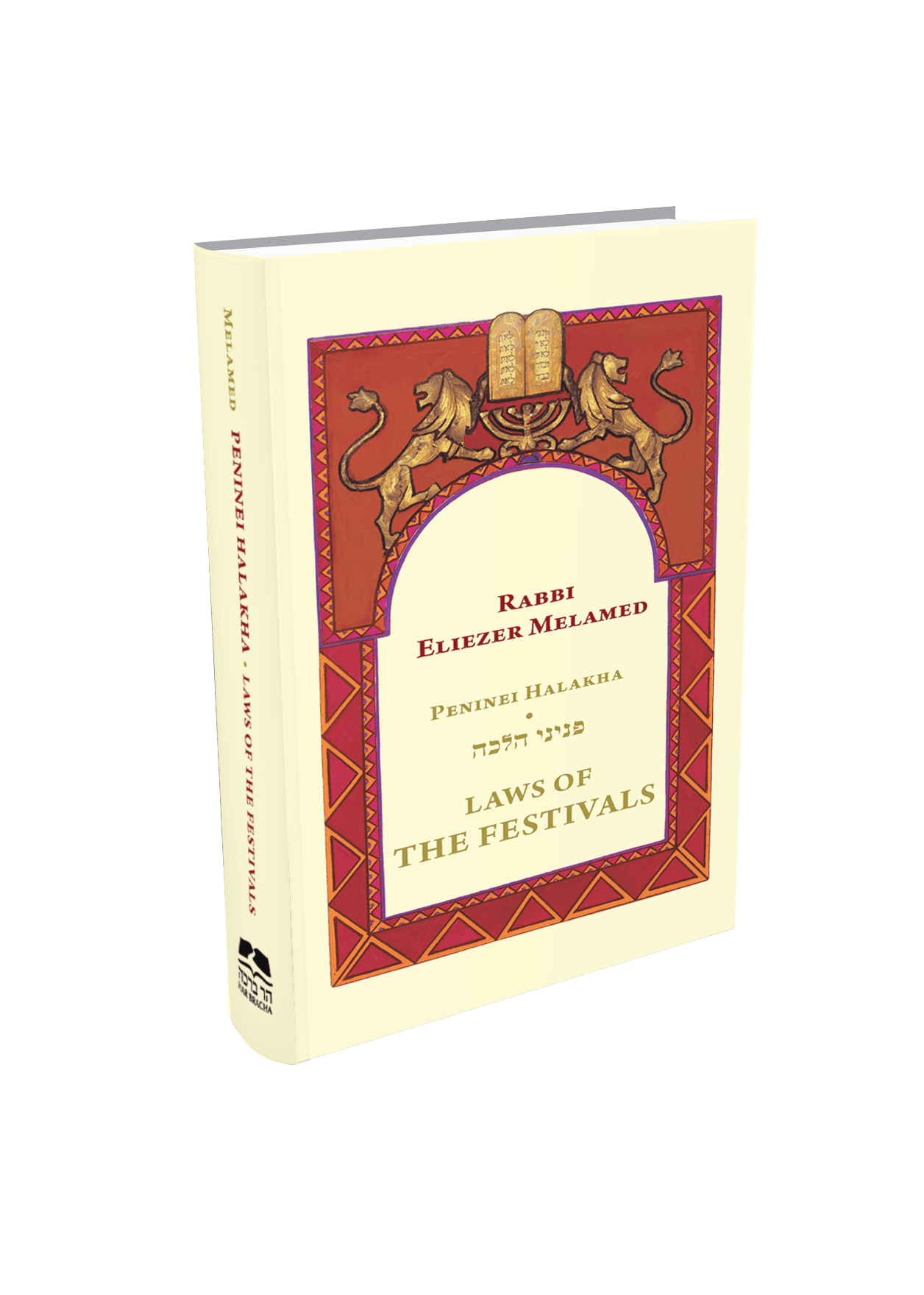
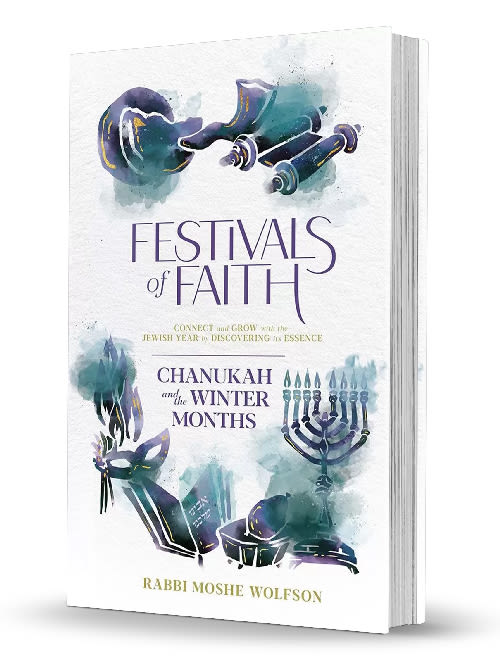
Tell us what you think!
Thank you for your comment!
It will be published after approval by the Editor.